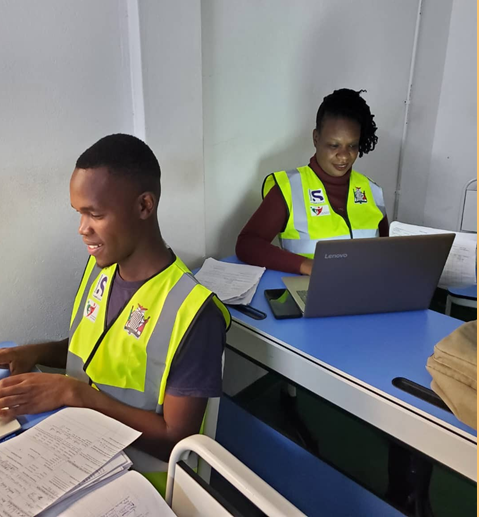Explore Our Projects
Highlights of the key projects and the value delivered through our work.
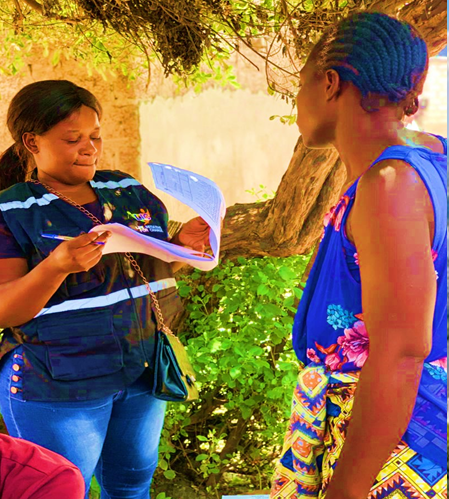
The WAGE Project is designed to create social and economic opportunities for young women and adolescent girls through capacity building, vocational skills training, and advocacy. The project promotes Sexual and Reproductive Health Rights (SRHR) and raises awareness against Gender-Based Violence (GBV) to foster women’s empowerment and self- reliance. Through vocational and entrepreneurship training, beneficiaries gain hands- on skills in hairdressing, cosmetics, hand knitting, jewelry making, and business management. These skills enhance their employability and ability to start businesses, improving their livelihoods and economic independence. Graduates are equipped to access job opportunities or become entrepreneurs, generating income and creating employment for others in their communities.
Women and Girls Empowerment (WAGE)
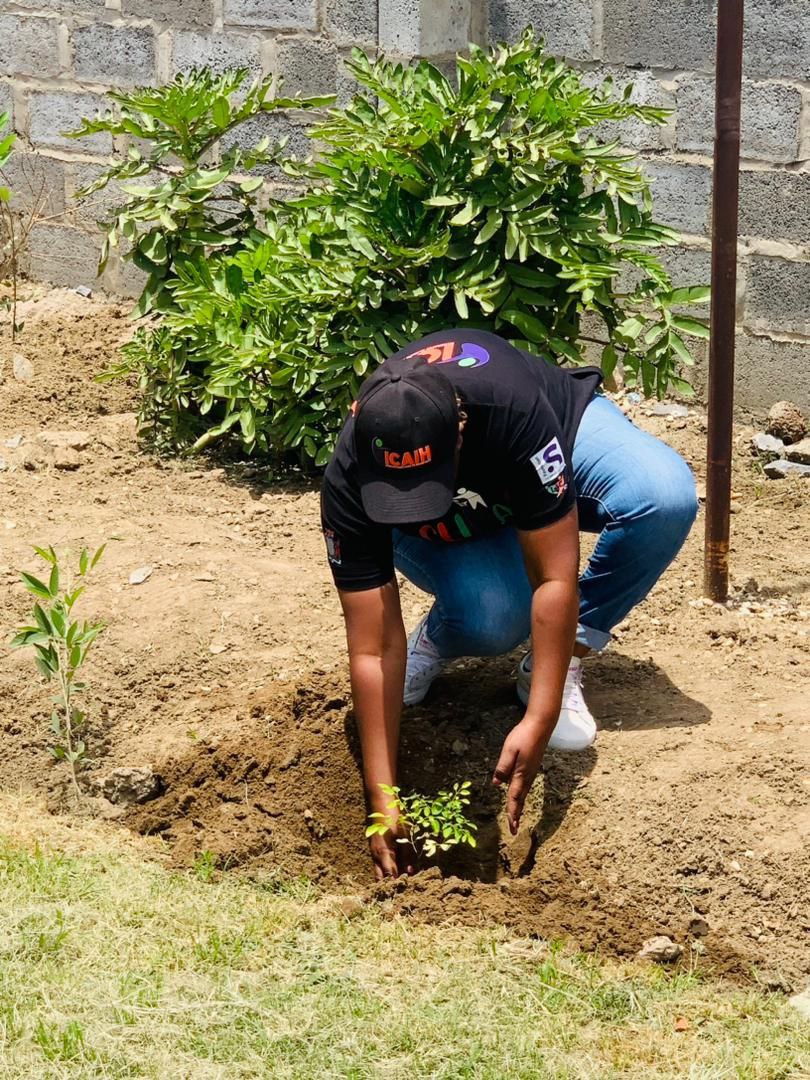
Project Overview: This project ensures local actors, especially at-risk communities, actively participate in climate change projection processes. By improving access to and use of climate projection data, communities can make informed decisions for adaptation, disaster planning, and development. Guided by GNDR’s risk-informed development approach, the project helps communities: Understand climate risks and uncertainties in projections. Contextualize climate risks within social, economic, and governance challenges. Develop localized risk management strategies. Partner with meteorological agencies and research institutions for better decision-making.
Localizing Climate Project
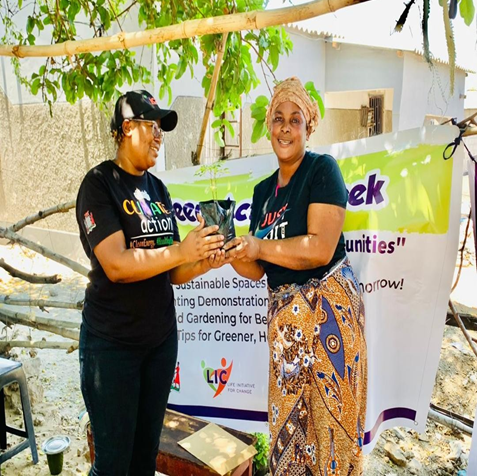
Project Overview: ICAIH integrates climate change and health interventions to enhance community resilience. The project focuses on clean energy, waste management, WASH, green spaces, and sustainable local foods, addressing climate- induced health risks. ICAIH empowers vulnerable populations, including women, youth, and people living with disabilities, by promoting climate- smart solutions that improve public health and environmental sustainability. The project also brings together local actors to drive coordinated climate action and strengthen community-led responses.
Integrated Climate Action for Improved Health (ICAI)
Our Achievements
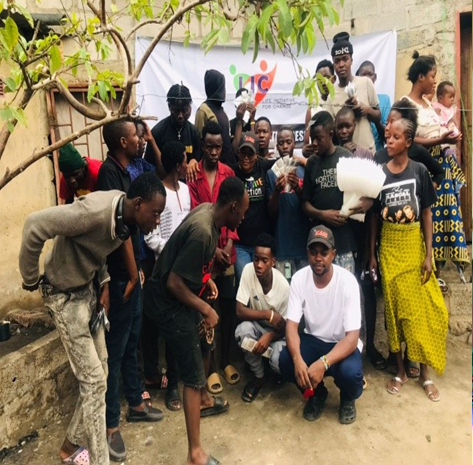
Strengthening Local Climate Resilience, Boosting Community Awareness & Response to Climate & Health Risks Delivered healthcare services to 30,071 individuals, including clean water access, ORS distribution, MUAC screenings, SRHR services, BP checks, and cholera vaccines. Reached 105,942 community members through awareness campaigns via household visits, PA systems, information desks, and community meetings. Monitored climate-related health risks through disease surveillance for early warnings and program tracking.
Key Achievements- 2024
